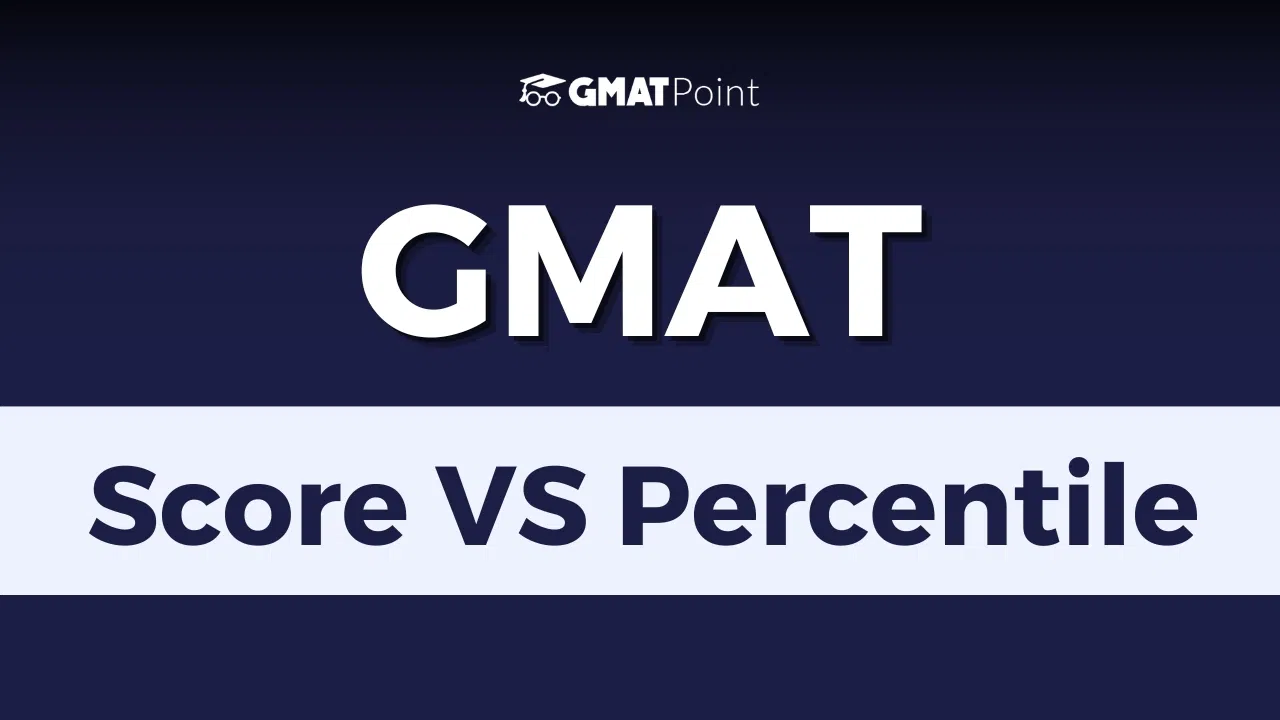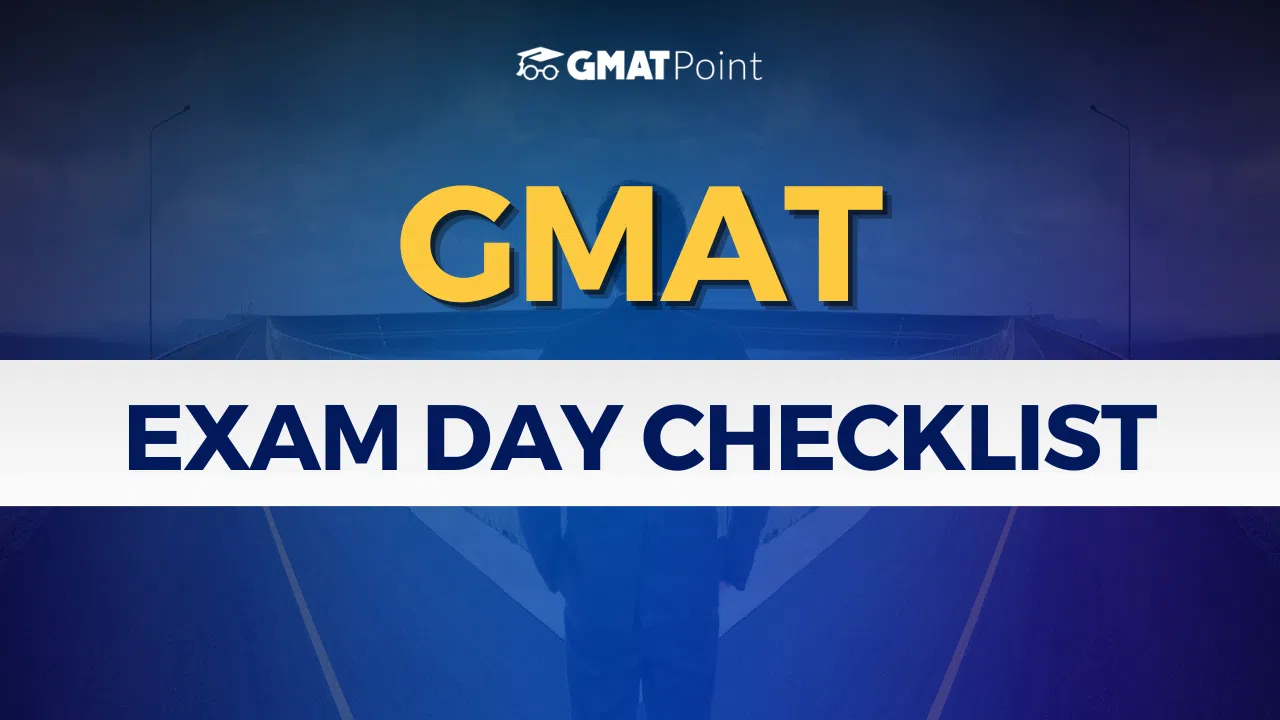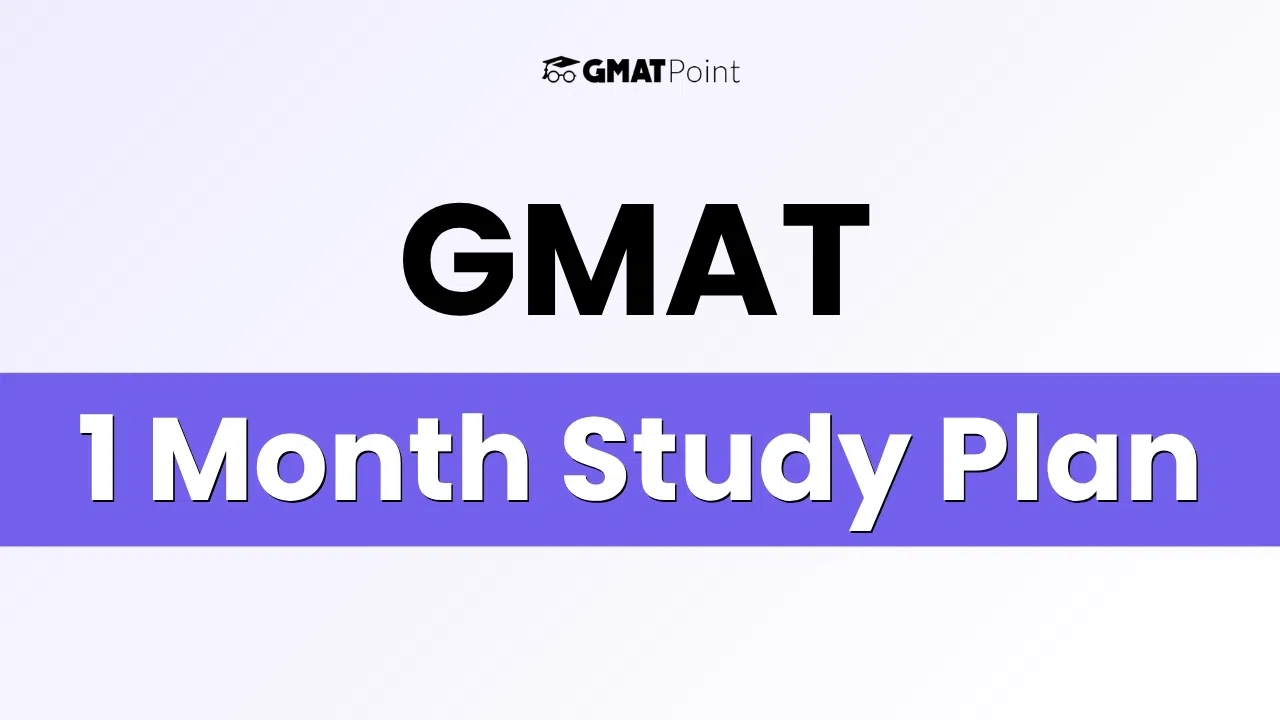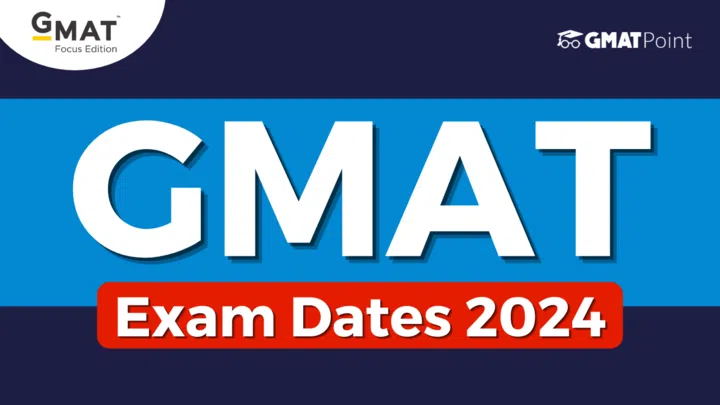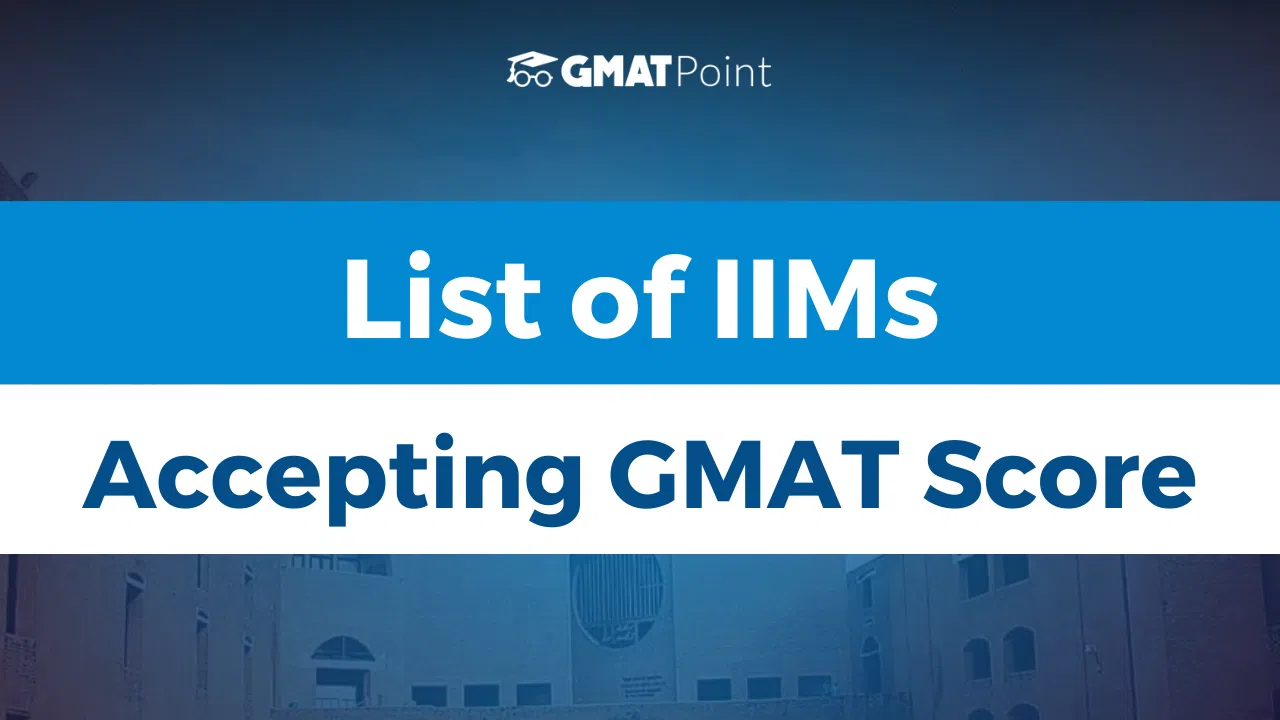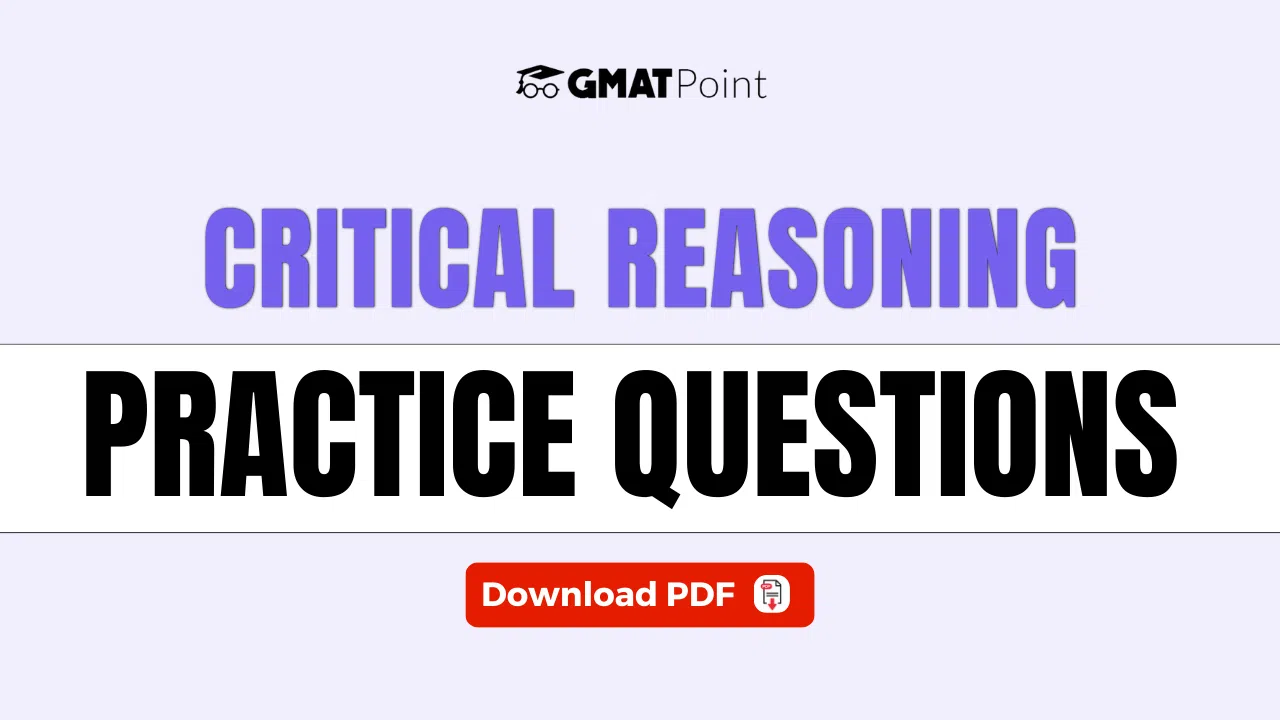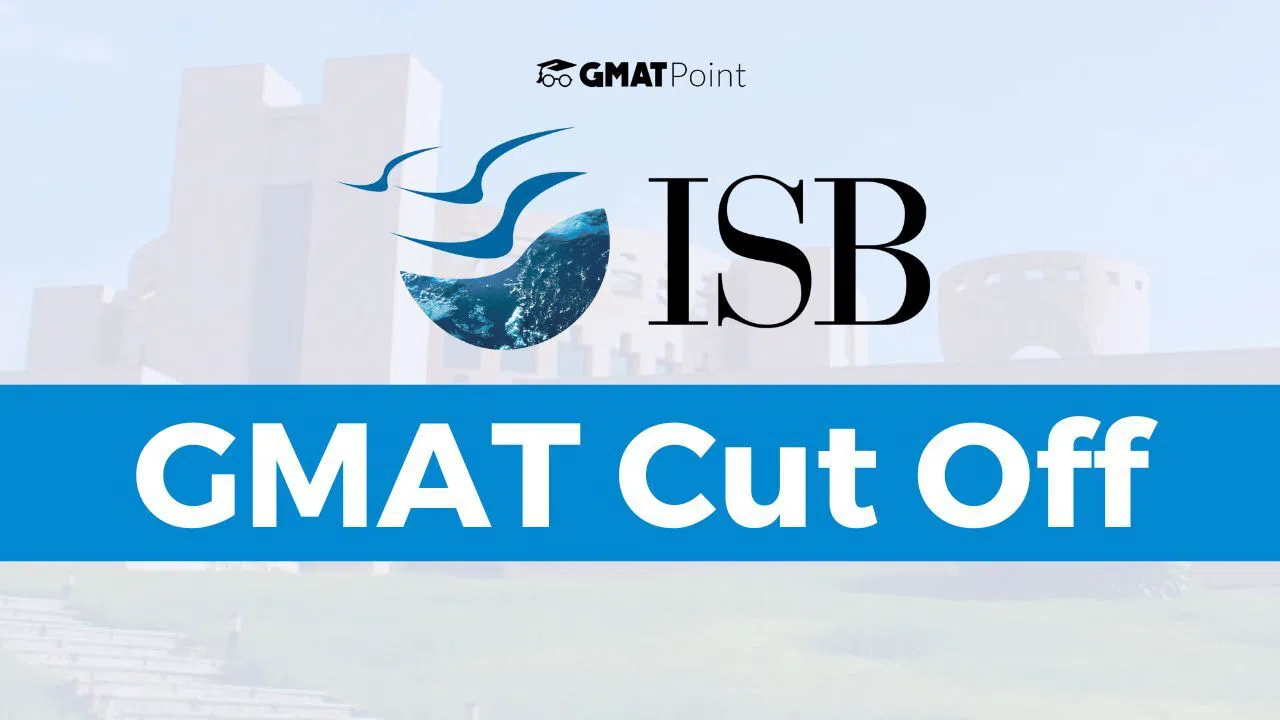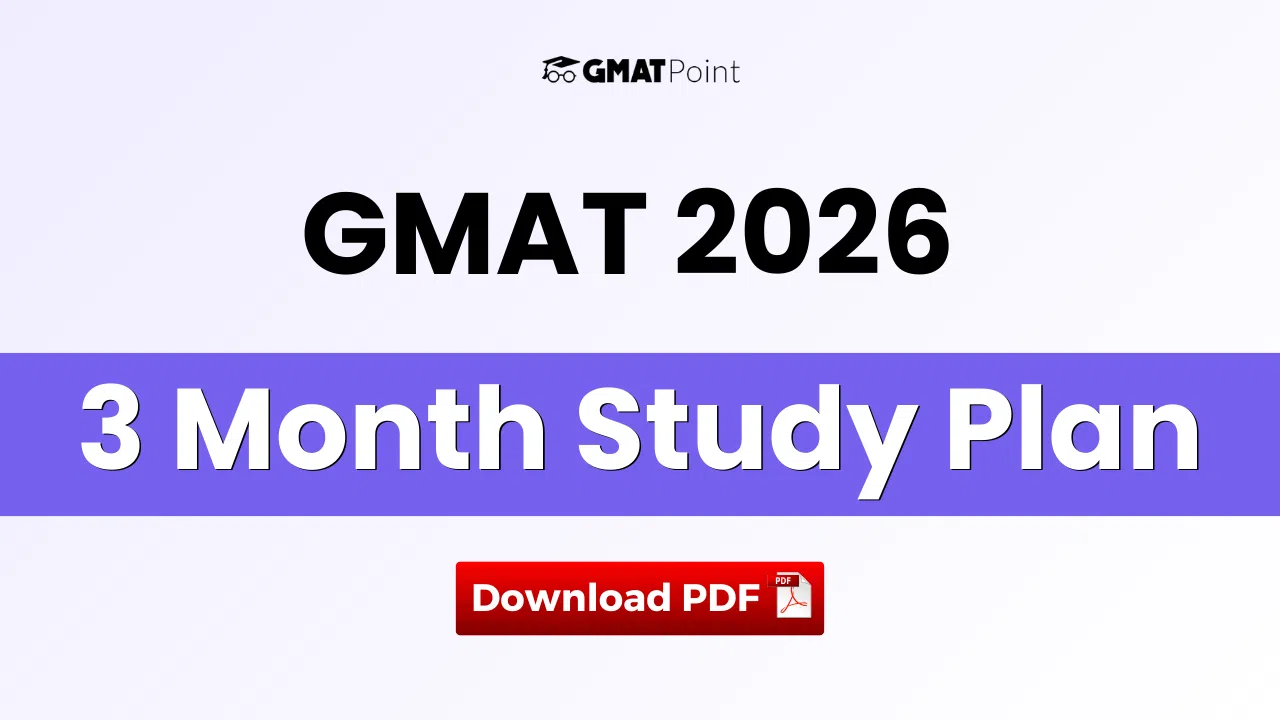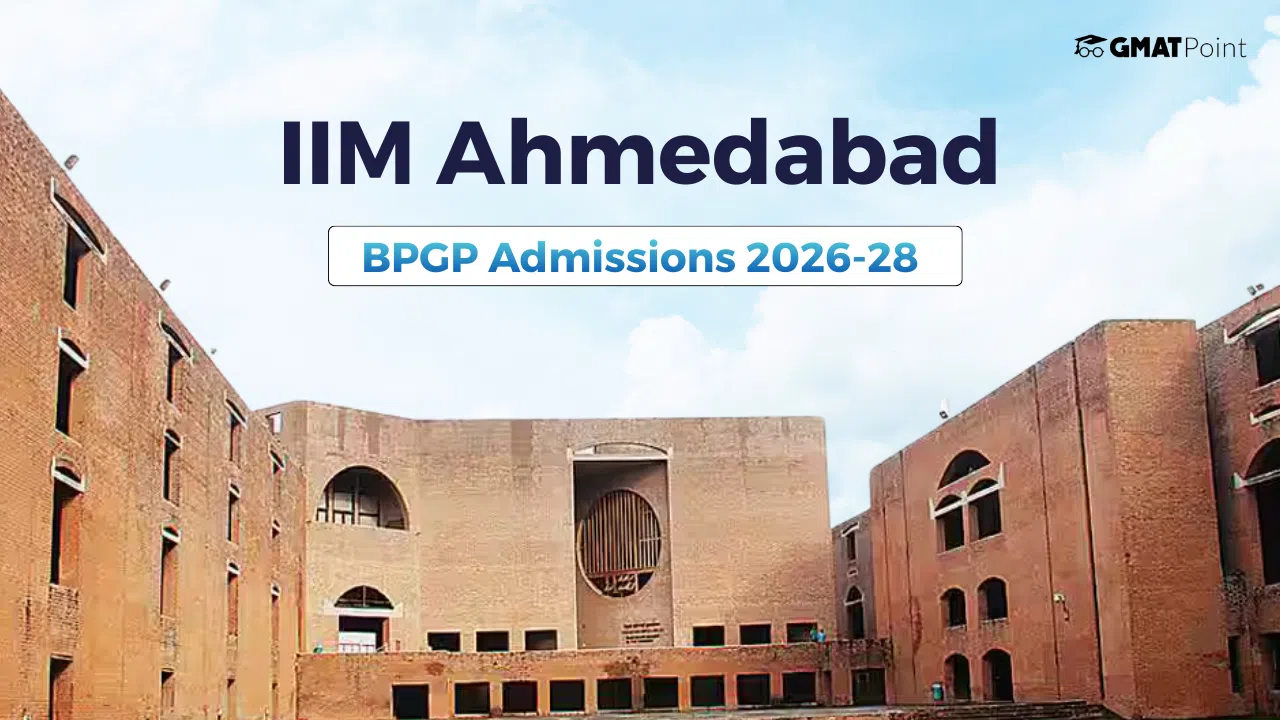Preparing for the Graduate Management Admission Test (GMAT) is not an easy job to do, but it is also not very difficult for those who does things in strategic and timely manner. GMAT is a step that requires focused preparation for entering a business school. Getting a good score is only possible if you carefully plan and stick to a strict program.
It is often the most common question that potential candidates have is the following one - "What is the ideal time frame for GMAT study"? The article presented here is created to put light on GMAT study material and plan and all that is required in perfect preparation for the GMAT, such as a GMAT study timetable, a GMAT study plan purchase, and GMAT study techniques application.
Understanding the GMAT
One needs to know the basic structure of the GMAT and the importance of it which can have the power to impact your performance. GMAT is a test whose structure is the same - The GMAT exam is 2 hours and 15 minutes long (with one optional 10-minute break) and consists of 64 questions in total. The topics that are evaluated are analytical writing, integrated reasoning, quantitative, and the verbal skills. GMAT scores provide important data on the applicant's overall readiness for the MBA program. The primary benefits of doing very well on GMAT would be a higher starting point of writing your application thus you have a better chance of being selected.
Also Check GMAT Preparation From Scratch
GMAT Preparation Strategy
There are various things one needs to consider when they create a preparation strategy for themselves.
GMAT Preparation Time
Several aspects are responsible for affecting the time that you need to study for the GMAT preparation:
- Mandatory Awareness and Skills: The beginning of your journey decides everything. If you are already endowed with a solid grounding in both maths and critical thinking, you could require less time to prepare than someone who has got to start from the very beginning.
- Target Score: The best results you expect, the more time it will take you to do so. Trying to be among the top fifteen percent would mean that you are capable of going into the material of the subject more deeply and developing better problem-solving strategies.
- Study Time Availability: The number of hours you can free up each week to study is a primary factor. Long-time workers or students might require more in-depth preparation as there are short on the time to study during the weekday.
- Percent Mastery: The quality of your study skills and the planned study success for you also count. The use of certain GMAT learning methods to make the most of your study time is also important.
GMAT Study Routine
Even though the best GMAT preparation period differs for each person, generally, it is advised to set aside about three to six months of consistent study. It is this period that enables you to properly deal with all the subsections of the test without feeling extremely fatigued.
Thus, the question of "How Long to Prepare for GMAT" - technically - is incorrect. Unless you are accurately aware of your abilities, any future hurdles and the exact syllabus, it is very likely that you will incorrectly answer this question. Instead, there are certain guidelines.
Here’s a breakdown of different preparation duration:
- Three Months: Only those who have well-developed basic knowledge and free time for daily study should consider this. Concentrated and vigorous study is a needed part of a three-month schedule.
- Four to Five Months: A significant part of the test-takers tends to go with this period. It ensures constant and regular studies with the least conflict with other activities. These are periods for the gradual building of the needed knowledge and subsequent practice of the knowledge.
- Six Months: This is the most suitable period for people who have never studied before and those with busy schedules. A six-month plan gives enough time to fully grasp all the materials and leaves more time if students want to practice and review the contents again.
Incase you do not have enough time or feel that you are not doing this up to your capabilities, you can consider GMATPoint to help you in your process. We have an experienced faculty where everyone has scored over 750/800. The teaching method is amongst the best in the country and moreover, you get recorded lectures because of which you can learn at your pace.
Also Take, Free GMAT Mock Test
GMAT Study Schedule: A tailor-made way to success
An effective GMAT study schedule can actually help decide the success of the study. You just need to follow these steps to make a good study schedule for GMAT:
- Assess Your Starting Point: To begin with, take a diagnostic test to locate favourable and unfavourable positions. This shall facilitate your concentration on the areas which are sticking out as spots for the largest improvement.
- Set a Realistic Target Score: First, look at the grade you need to secure from your target school of business at first. This will point you in the right direction and tell you the right way to align your study plans.
- Allocate Study Hours: Start by planning your weekly study time and firmly embracing the idea that you will spend a specific number of hours per week on the task. You can stay fresh during the day by distributing the time over different days and not do all the studying in one go.
- Break Down the Syllabus: Classify the GMAT syllabus into small bits of information. Each one of your weekly units of time needs to include part of a particular subject. By this means, you can be sure that you will thoroughly cover all of the materials in a well-organized way.
- Incorporate Practice Tests: Do regular practice tests on the times you set to test yourself and to see your progress, if there is a need for any correction, improve hearing with regular review and revision. Do your best to impose self-discipline and self-control, because it will be crucial in your advancement.
- Review and Revise: Dedicate some time slots to regular revision sessions. You can be sure that you will consolidate learning by looking at the topics you have already mastered meanwhile identifying areas that need your renewed concentration.
Also check GMAT Arithmetic Formula Cheat Sheet PDF
GMAT Study Plan: A Sample
However, I present a sample 4-month GMAT study plan below for you to refer to. The plan is based on weeks so feel free to change accordingly.
Weeks 1-2: Focus on basic quantitative concepts (arithmetic, algebra, geometry) of the Mathematics section.
Weeks 3-4: Study fundamental verbal reasoning (sentence correction, critical reasoning).
Weeks 5-6: Intermediate quantitative problems (data sufficiency, advanced algebra).
Weeks 7-8: Advanced verbal skills (reading comprehension, advanced grammar).
Weeks 9-10: Integrated reasoning and analytical writing practice.
Weeks 11-12: Full-length practice tests and detailed analysis.
Weeks 13-14: Focused review on weakest areas, targeted practice.
Weeks 15-16: Final full-length practice tests, time management strategies.
GMAT Test Preparation Tips
Practice with Purpose: Analyzing your mistakes and understanding the reasons for wrong answers is the most efficient way to learn and improve your skills in GMAT. Quality over quantity, however, should always be your motto.
Timed Practice: Stress becomes a high time bomb during tests, and can distract the focus of participants. Joining a competition with other students can be an excellent way to boost your preparation efforts.
Stay Organized: If you are facing challenges in the preparation for difficult exams, organize your study materials and notes so that you can easily find information when you need it.
Take Breaks: The purpose of a break is to help you to keep at your tasks, without feeling exhausted or losing the motivation to do them right, the purpose of a break is actually to be not fixed in the mind and to keep the creativity going!
Stay Healthy: Make sure you sleep well, take your regular exercise, and eat vegetables and fruits daily that are the best for your health and your brain will love it because its functioning will improve.
Frequently Asked Questions
How long should I prep for GMAT?
There is no one strong answer for anyone as your strengths and weaknesses are personal. The standard benchmark however, is that a 6-month preparation timeline is enough for students.
Can I score 700 in GMAT in 3 months?
While it will not be easy, scoring 700 is not impossible. With the right planning and effort, one can achieve 700 in 3 months.
Is it easy to get 600 in GMAT?
While people score lower also, it is generally considered an easy task to score around 600 in the GMAT.
Can I get into Harvard with 780 GMAT score?
There is no strict cutoff for HBS. However, considering how competitive it is, you will also need a lot of things on your CV aside from a high GMAT score to get an admission.
What is the GMAT score for IIM?
IIMs generally accepts GMAT scores in the vicinity of 720.



